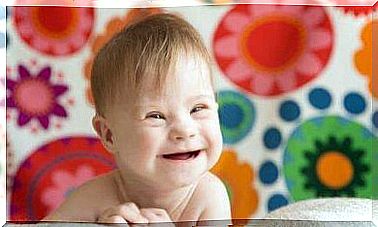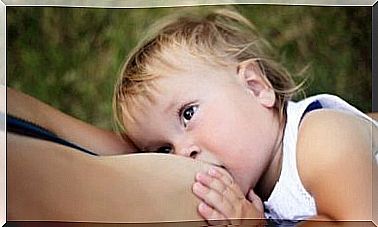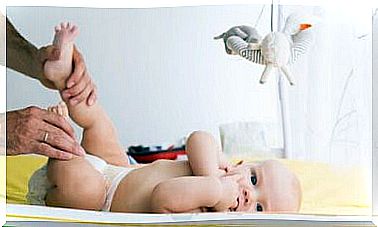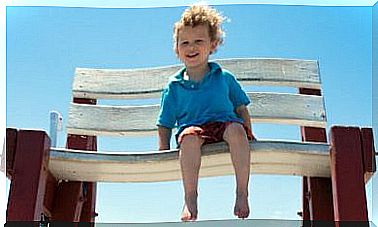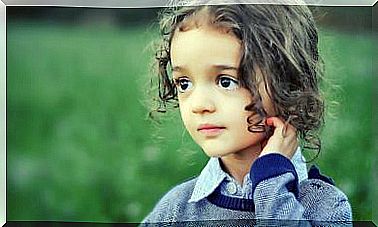3 Potential Problems With Self-esteem In Children

Problems with self-esteem in children should be closely monitored by parents. This is because their future well-being depends on it in many ways. The best way to determine if they have self-esteem is to keep an eye on their behavior.
What is self-esteem?
Self-esteem is the value or appreciation that people give to themselves. It is an important part of a child’s development. Through this, they can feel accepted, loved and appreciated in all the relationships they have with those around them. In other words, it is the link between the child’s personality and his or her environment.
Why it is important to fix problems with self-esteem
Healthy self-confidence is important at all ages, but especially during childhood. A good self-esteem will ensure a child’s healthy development. It also stimulates learning processes and creativity.
This can help them create good relationships with those around them, and enable them to experience happiness. Children with stable self-esteem are safer, more competent, feel valuable and are active in society.
On the other hand, children who have problems with self-esteem can become critical and shy individuals. Unfortunately, these attitudes can lead to them becoming aggressive and outspoken. This in turn makes it difficult for them to adapt to their environment.
3 common problems with self-esteem in children
The impression a person has on himself can cause problems with self-esteem. Because it is such a variable condition that is affected by external factors, it can cause very noticeable behavioral changes.
Experts point to at least three types of self-esteem problems in children:
1. Excessive self-esteem
This is also known as false self-esteem, or false self-confidence, and is not good for those who display this type of behavior. Children with this attitude tend to be stubborn and demanding things because they think they are always right and deserve it. In addition to this, they feel the need to show their achievements and qualities to those around them, in order to gain recognition.

Generally, this condition occurs when children do not receive enough attention, praise or love from their parents.
This lack of love leads them, subconsciously, to exaggerate the image they project to others in order to be accepted and get attention. When their parents do not set boundaries, they simply believe they are right and worthy of everyone else’s admiration.
2. Constantly low self-esteem in children
This is one of the problems with self-esteem in children that most parents encounter. These children are known to be submissive in many circumstances, and they do not respond to positive or negative stimuli.
In general, they tend to be indecisive children. They are afraid of being deceived, of failing and they do not dare to stand up for themselves. This problem can arise when they are affected by the demands of society or even the demands and expectations of their parents.
When they see that they can not live up to what is expected of them, they stop trying. Over time, they become pessimistic and negative.
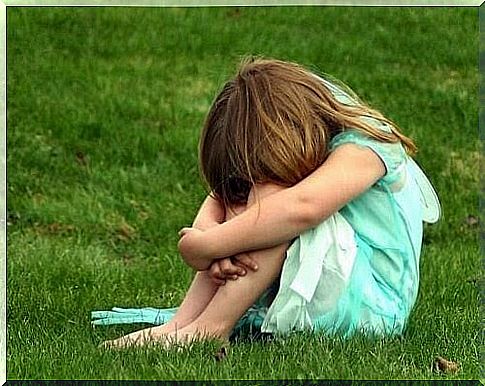
3. Low and unstable self-esteem in children
This type of self-esteem is significantly affected by stimuli from the outside world. When good things happen, their self-esteem rises high. But when bad things happen, it collapses again.
It is difficult to detect problems with self-esteem in young children, simply because all children are very changeable by nature. However, some of the signs of this problem may be:
- Children who are calm but get annoyed when they receive constructive criticism.
- Children who become worried about situations that require responsibility, such as a school assignment. This is because they think they will not be able to do it well enough.
- Children who fear and avoid achievements.
- Children who lie, cheat, become aggressive or become very shy.
This problem generally arises when parents or teachers compare them with other children or with their siblings. It also occurs when they are bullied or go through something that causes upheaval or anxiety in their lives, such as the arrival of a new baby at home.
To sum it all up, if parents know about these potential problems with self-esteem in children, it may help them take action before it is too late.
Support from the family is important in overcoming the obstacles and difficulties that can easily arise at this age. Undoubtedly, love, affection, and understanding will make all the difference in the world when it comes to these situations, and may even prevent them from occurring at all.
